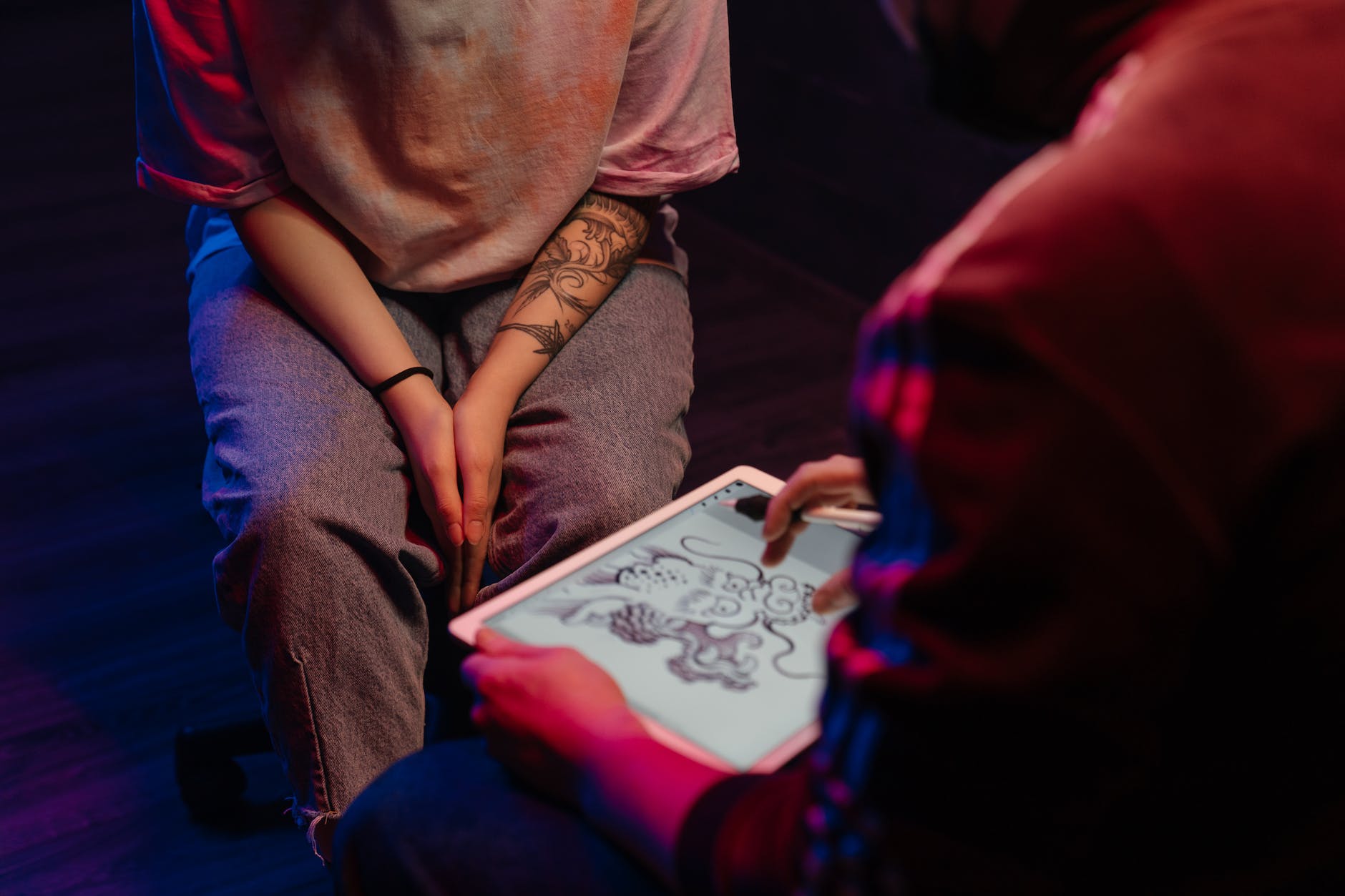
In the world of skateboarding, Rodney Mullen is a legend. Known as the godfather of modern street skating, Mullen’s journey from a farm boy in Florida to a world-renowned skateboarder is a testament to the power of creativity, resilience, and individuality. As we navigate a transitional era in education, moving towards more student agency and authentic work, Mullen’s story offers valuable insights.
Growing up, Mullen felt like an outsider until he discovered skateboarding. The sport offered him a sense of freedom and individuality that resonated deeply with him. There were no coaches, no direct opponents – just him and his board. This is a powerful reminder of the importance of student agency in education. Like Mullen, students should have the freedom to explore their interests and passions, learn and grow at their own pace, and express their individuality through their work.
Mullen’s journey was not without challenges. As the sport of skateboarding evolved, he found himself struggling to adapt. However, this setback was also liberating. Freed from the pressure of maintaining his champion status, Mullen was able to explore and create new tricks. This resilience and adaptability are crucial skills for students in today’s rapidly changing world. As educators, we must create learning environments that encourage students to take risks, learn from their mistakes, and continually strive for improvement.
One of the most significant lessons from Mullen’s story is the power of creating something for the sake of creating it. Mullen found joy in innovating and creating new tricks, not for the accolades or fame, but for the sheer love of creation. This is a powerful message for students. In a world that often values grades and test scores above all else, it’s important to remind students that the process of creation and learning is valuable in and of itself.
Mullen’s story also highlights the importance of community and collaboration. In both the skateboarding and hacker communities, respect is earned by taking what others have done, improving upon it, and sharing it back with the community. This ethos of continuous innovation and growth is one that we should strive to foster in our classrooms. By encouraging students to collaborate, share their work, and build upon the ideas of others, we can create a culture of learning that is dynamic, inclusive, and empowering.
As we navigate this transitional era in education, let’s take a page from Rodney Mullen’s book. Let’s create learning environments that value creativity, resilience, individuality, and community. Let’s encourage our students to create for the sake of creating and to find joy in the process of learning. And most importantly, let’s remind them that, like Mullen, they have the power to shape their own learning journeys and to make a meaningful impact on the world around them.
The Eclectic Educator is a free resource for everyone passionate about education and creativity. If you enjoy the content and want to support the newsletter, consider becoming a paid subscriber. Your support helps keep the insights and inspiration coming!